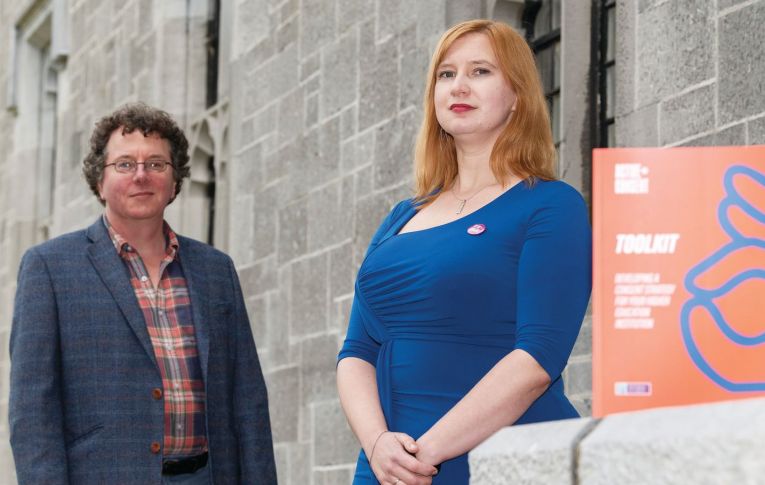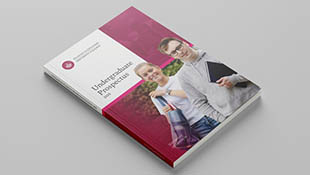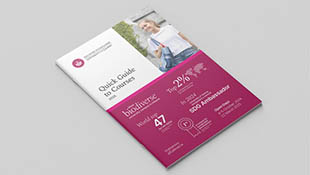-
Courses

Courses
Choosing a course is one of the most important decisions you'll ever make! View our courses and see what our students and lecturers have to say about the courses you are interested in at the links below.
-
University Life

University Life
Each year more than 4,000 choose University of Galway as their University of choice. Find out what life at University of Galway is all about here.
-
About University of Galway

About University of Galway
Since 1845, University of Galway has been sharing the highest quality teaching and research with Ireland and the world. Find out what makes our University so special – from our distinguished history to the latest news and campus developments.
-
Colleges & Schools

Colleges & Schools
University of Galway has earned international recognition as a research-led university with a commitment to top quality teaching across a range of key areas of expertise.
-
Research & Innovation

Research & Innovation
University of Galway’s vibrant research community take on some of the most pressing challenges of our times.
-
Business & Industry

Guiding Breakthrough Research at University of Galway
We explore and facilitate commercial opportunities for the research community at University of Galway, as well as facilitating industry partnership.
-
Alumni & Friends

Alumni & Friends
There are 128,000 University of Galway alumni worldwide. Stay connected to your alumni community! Join our social networks and update your details online.
-
Community Engagement

Community Engagement
At University of Galway, we believe that the best learning takes place when you apply what you learn in a real world context. That's why many of our courses include work placements or community projects.
News SECA Research Seminar Series
SECA Research Seminar Series
Friday, 30 October 2020

Active*Consent Programme
Towards Efficacy and Beyond: Understanding the Impact of the Active* Consent Programme’s
The Kinds of Sex You Might Have At College
NOVEMBER 10TH 1 - 2PM: Dr Charlotte McIvor (Drama, Theatre and Performance)
Click on this link on the day to gain access to this talk:
Meeting ID: 919 9076 5725
Passcode: 515225
Please mute your microphone on entering the meeting.
We look forward to seeing you there.
Abstract:
This presentation engages the Active Consent programme team’s inaugural Irish national university theatre tour of their original play, The Kinds of Sex You Might Have in College, co-created with college students and in development since 2014. The Active Consent Programme works with young people to shine light on grey areas regarding sexual consent and provide practical skills through interactive workshops, engagement with multimedia materials, and ongoing research into sexual attitudes and behaviours across Ireland.
The Kinds of Sex You Might Have At College turns the Active Consent Programme’s core messages into a live theatrical event aimed at college-age audiences and toured throughout Ireland in 2019-2020. It is a play about what you want, how you want it, if you want it and what happens when you don’t. Performed by an energetic ensemble of actors who play multiple roles, this theatrical performance brings audiences through a range of sketches that dramatize sexual scenarios and viewpoints that individuals may encounter during college life. Tackling experiences from across all genders, all relationships and all sexualities (or as many of them as we could fit into one hour), The Kinds of Sex You Might Have At College combines humour, satire and drama to share diverse experiences.
The Active Consent Programme’s use of live theatre as one of project’s key interventions tests the efficacy of performance in expanding and changing audiences’ sexual attitudes and reported behaviour. This presentation will reflect on the learning and data collated from the 2019-2020, drawing on audience feedback forms and the acting company and creative team’s experiences on the road. Can a single artistic intervention exert enough force to contribute meaningfully to cultural attitude changes around consent, sexual assault and rape across all genders, all sexualities and all relationship? What analytical tools do we need to develop to answer that question, or are we missing the point?
Keywords: Arts.
Author: Dr Charlotte McIvor, NUI Galway
« Back



















